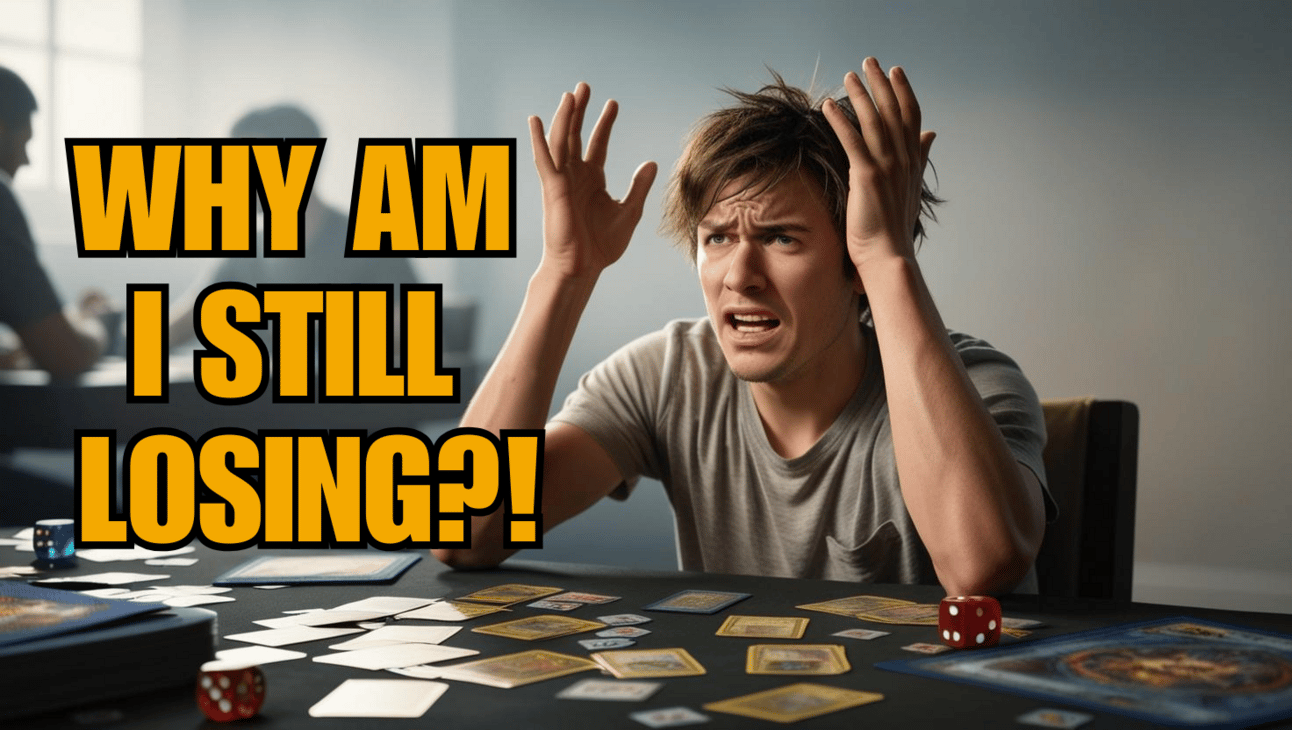- TCG HQ
- Posts
- Test Smarter, Not Harder: The Secret to Winning More Games
Test Smarter, Not Harder: The Secret to Winning More Games

Hey TCG Squad,
Ever feel like you're grinding games, tweaking your list, and still losing to the same things? You're not alone—and it's not your fault. The problem isn’t your deck. It’s how you’re testing it.
Today, let’s fix that.
🔍 Why Most Playtesting Fails
Most new players test like this:
Shuffle, play, hope for the best.
But real playtesting isn’t about winning—it’s about exposing flaws before your opponent does. Casual games with good hands and familiar matchups don’t tell you how your deck will perform when things go wrong.
And trust me… things will go wrong in real games.
🎯 Start with a Purpose
Every playtest session should begin with a clear question:
What happens if I miss my curve?
Can I survive an aggro deck’s opening rush?
Do I run out of steam too early?
Once you’ve got your question, engineer the scenario.
Give yourself a bad hand. Ask your test partner to go full aggro. Play defensively for three straight turns.
It might not be fun testing…
But it’s the kind that wins tournaments.
📝 Reflect After Every Game
After each match, write down:
✅ What worked?
❌ What didn’t?
🔁 What patterns kept showing up?
I keep a small notebook for this—it’s been a game changer, especially during PQs. Don’t call it bad luck if the same problem shows up three times. That’s data.
🛠️ Fix the Right Problems
Spotted a flaw? Don’t overhaul the whole deck—tune it like an engine:
Losing early? Add cheap blockers or removal.
Running out of gas? Add stickier threats or card draw.
Missing your curve? Adjust your cost spread or add ramp.
Make 2–3 card swaps, not 10. Then test again.
💣 Put Pressure on Your Fixes
Here’s the key: don’t just go back to “normal games.”
Put your changes under fire.
If you added early game units, test against aggro.
If you added big finishers, play against control.
You’re not just playtesting—you’re rehearsing.
🔄 Tune for Consistency, Not Perfection
Ask yourself:
How often do I hit my ideal opener?
What hands do I feel forced to keep?
What cards felt dead too often?
You’ll win more by having fewer bad games—not by chasing the “perfect” list.
💬 Final Thought
Every broken hand, awkward draw, or frustrating loss is a gift. It’s pointing to something your opponent will find if you don’t.
So here’s your new checklist:
🎯 Start with a test question
🧠 Reflect after each game
🔧 Make targeted tweaks
🔥 Retest under pressure
🔁 Tune for consistency
If this helped shift how you think about playtesting, hit reply and tell me your biggest "aha" moment—or drop a question if you want help fixing a specific deck issue.
Until next time,
TCG HQ
May the Force be with your testing.